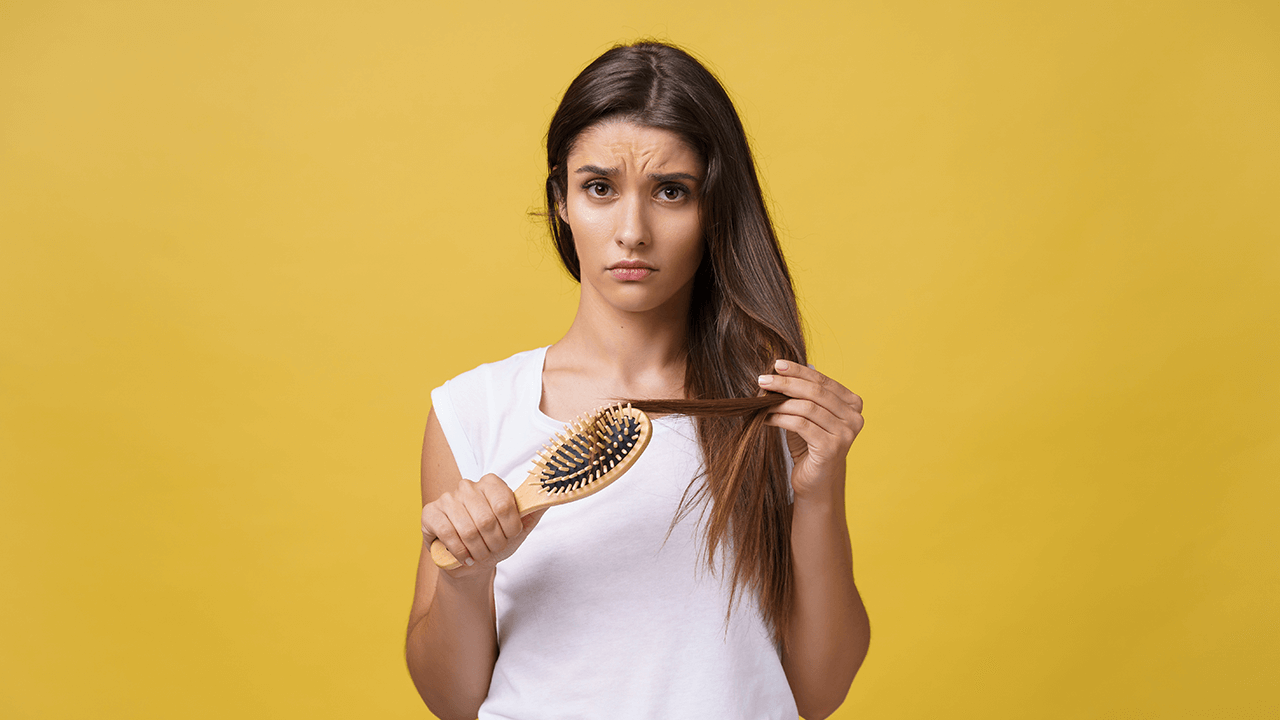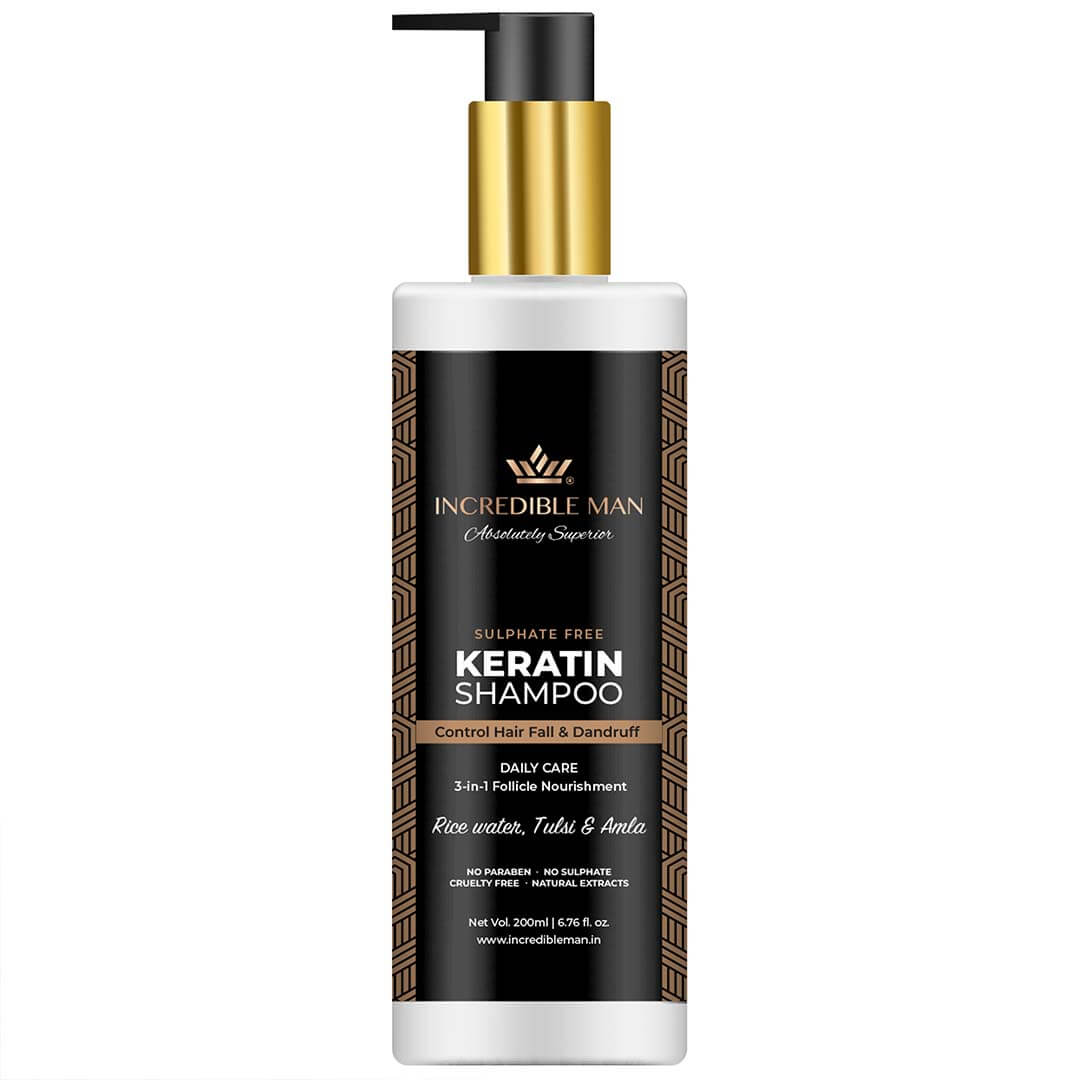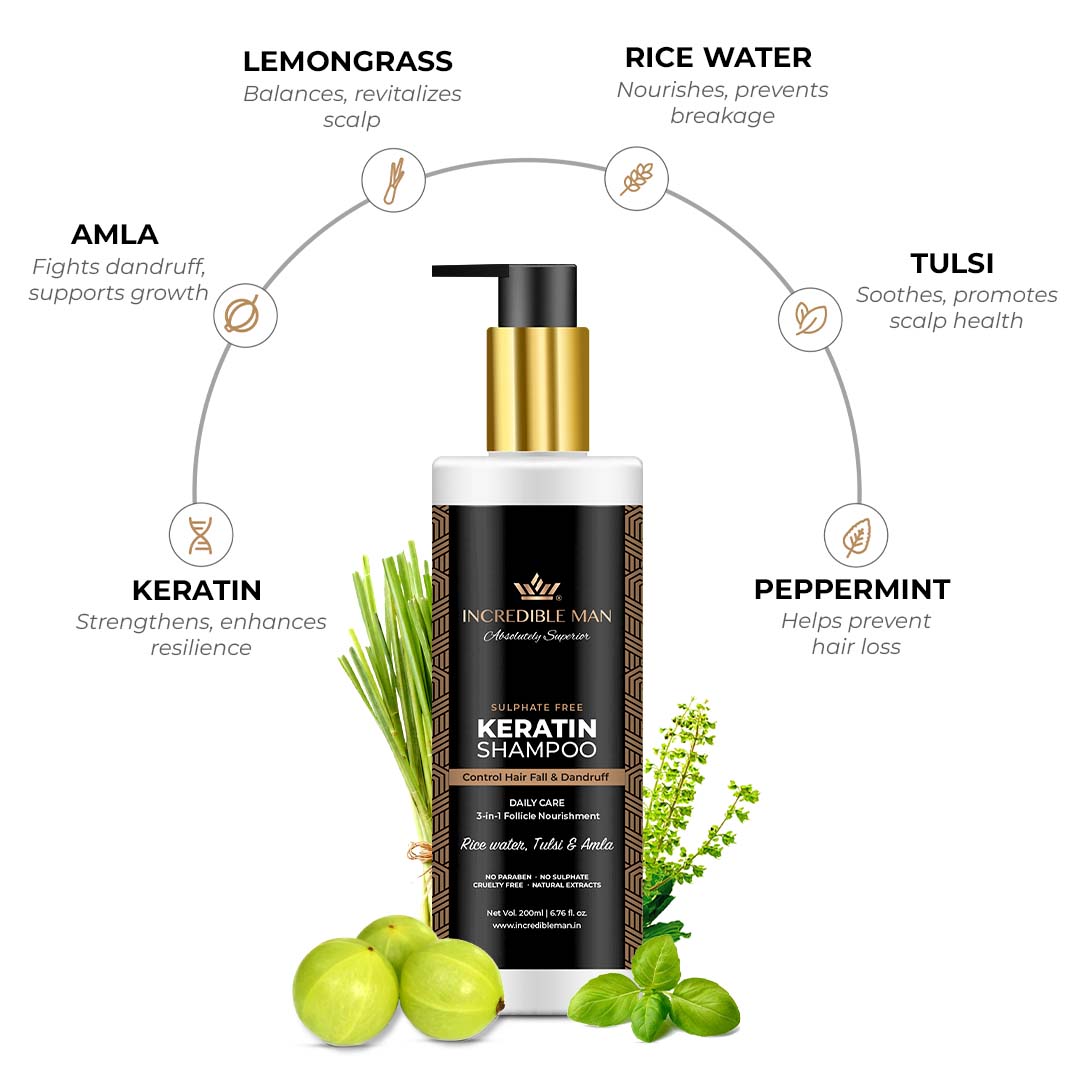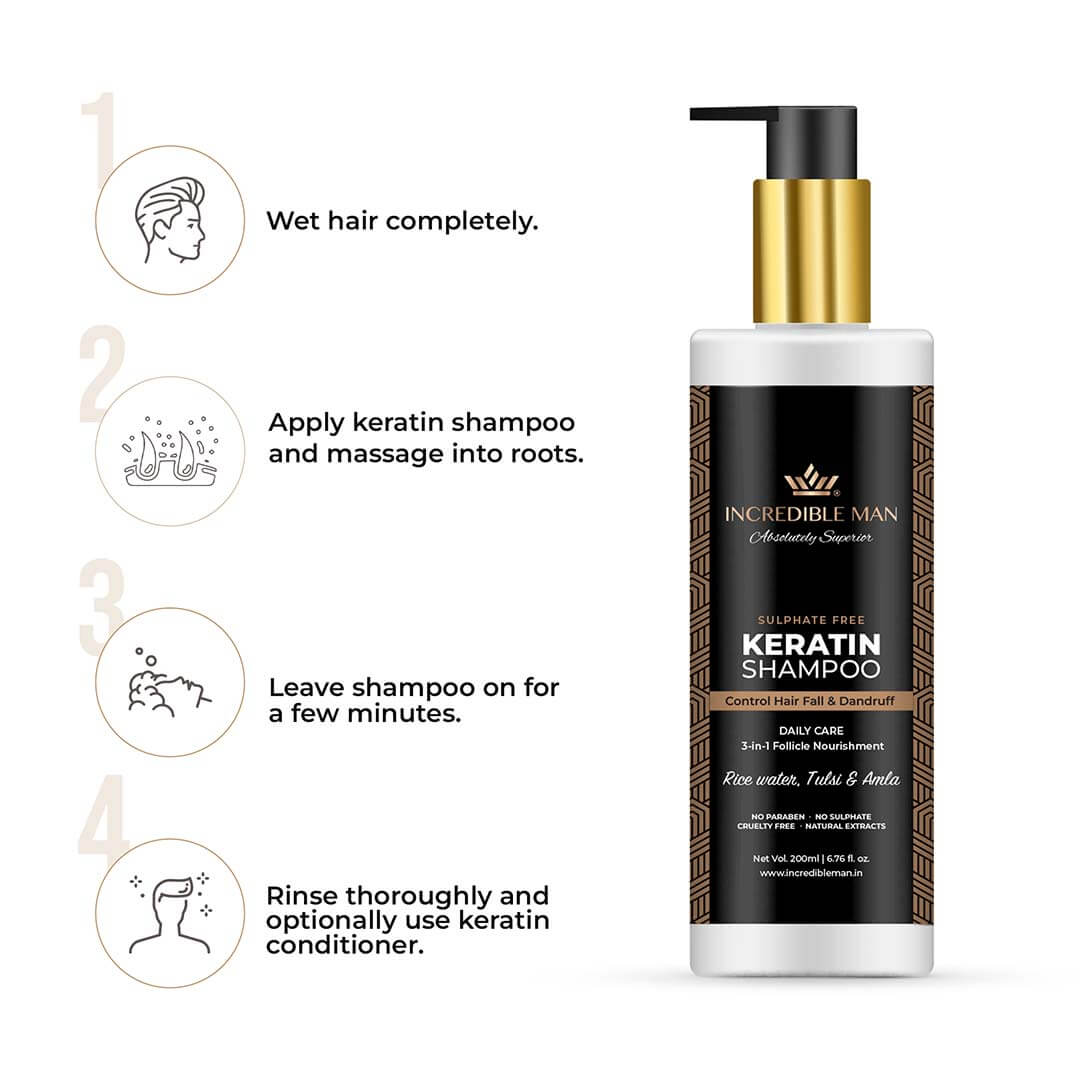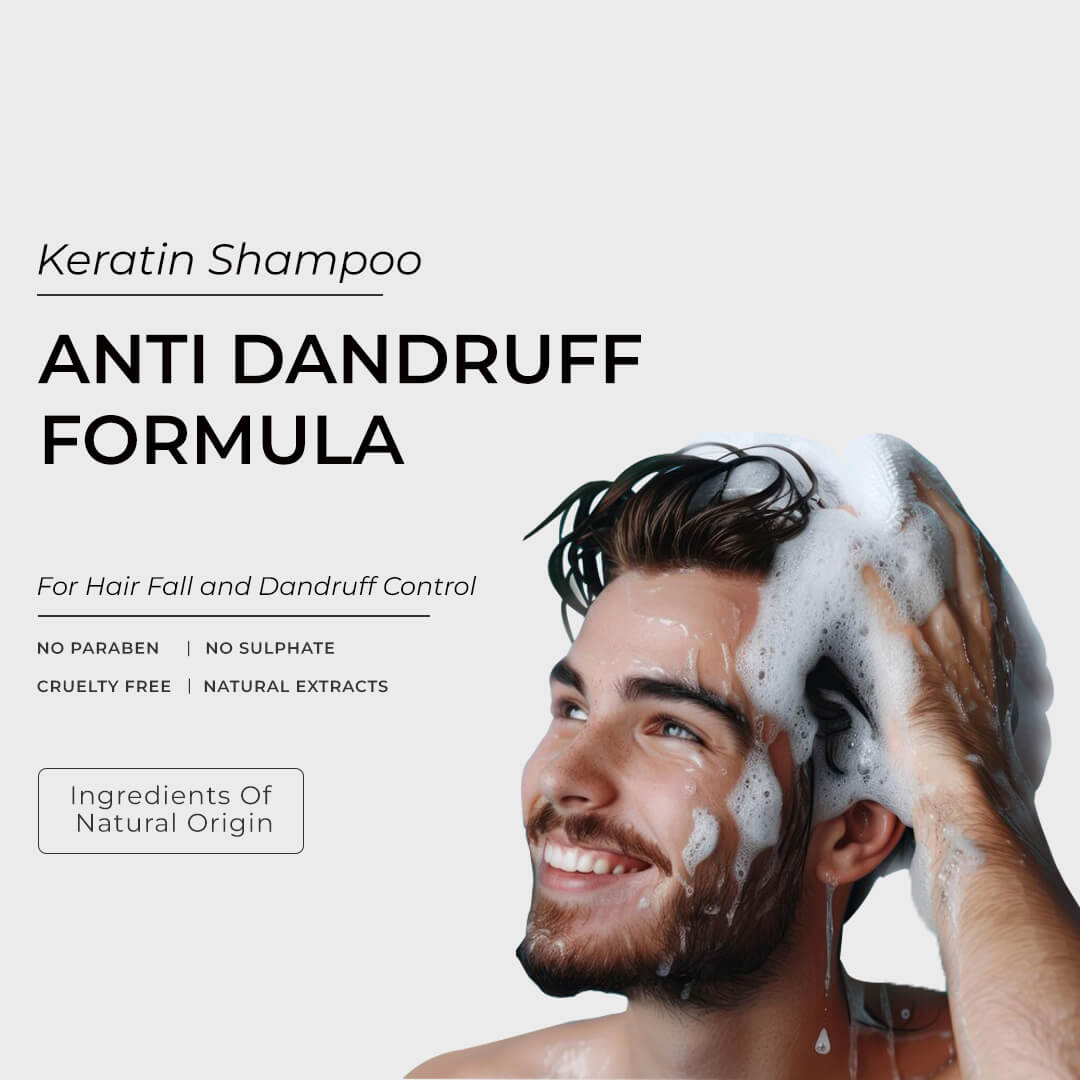Do you have any idea why your hair stopped growing? You realize that you’ve lost volume and that your hair is starting to thin. Even though this is a natural part of becoming older, it may also indicate a significant underlying medical issue. To guarantee prompt treatment, it is crucial to understand the many reasons why people lose their hair. Your hair stops growing for a variety of causes, including poor dietary choices, stress, pollution, and poor lifestyle decisions. To learn what adjustments you should do to obtain healthy hair, read this article.
How Much Does Hair Grow In A Year?
Every person’s hair is genetically predisposed to stop growing once it reaches a specific length and then cycles through the catagen, telogen, and exogen stages before beginning to grow once more.
The average person’s hair grows 6 inches per year, and the anagen phase, or growth phase, typically lasts 2 to 6 years. As we’ll cover in the section below, several variables impact the hair growth cycles of different people.
Why Is My Hair Not Growing?
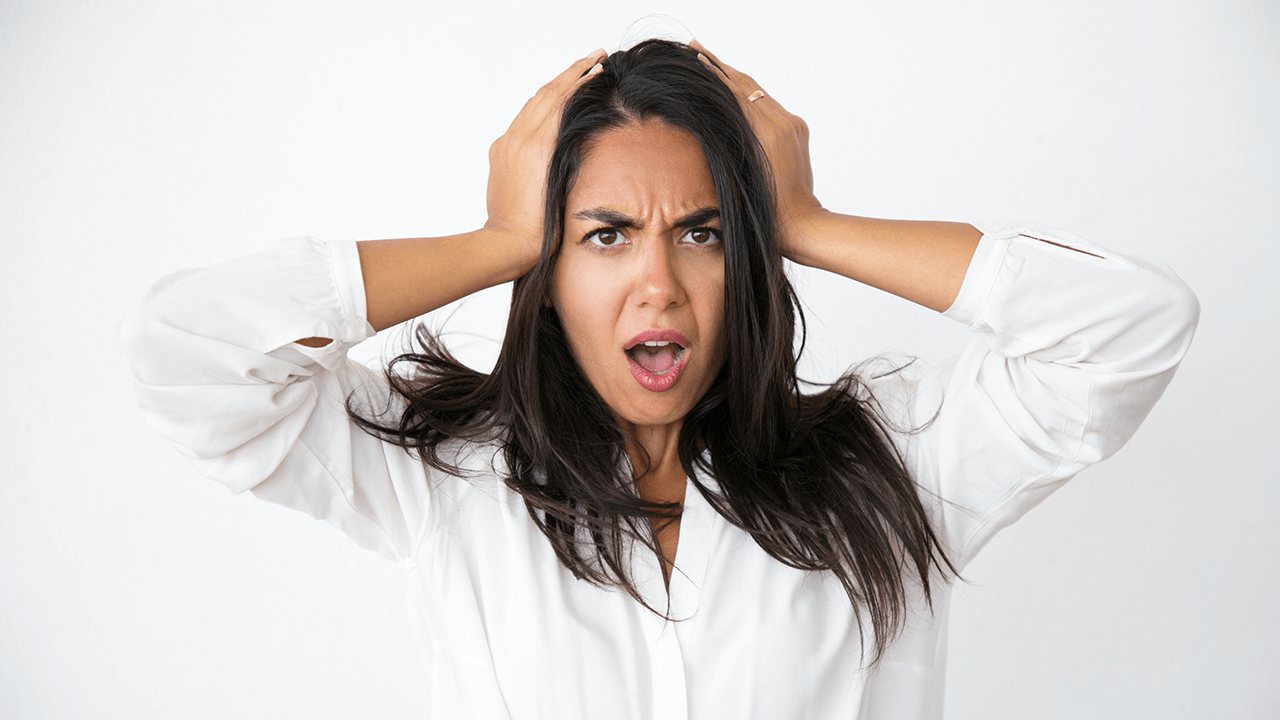
Your hair follicles go through a four-phase growth cycle. 1. The anagen stage (growing phase) Catagen phase 2. (transition phase) 4. Exogen phase and 3. Telogen phase (resting phase) (hair shedding phase).
The length and volume of a person’s hair are determined by the cycle that each hair follicle goes through. Normal hair growth is impacted if this cycle is broken by any event. The following 14 Reasons Why Your Natural Hair Is Not Growing:
- Genetics – Did you know that your genes determine your hair’s length, colour, volume, and strength? Yes, your genes have a big impact on how quickly your hair grows. You may credit your genes if you have long, healthy, shiny, and thick hair despite not taking good care of it. If not, you’ll need to work extra hard to promote hair growth and stop thinning.
- Stress Level – Medical research has shown that stress, whether physical or emotional, is bad for hair growth. Telogen effluvium is a problem that is brought on by stress that prevents 30% of your hair’s development by causing it to enter the telogen phase (the resting phase) too early. Even while this ailment doesn’t need any medical attention and only lasts for a few months, it might damage your hair cycle and result in hair loss.
- Age – Because the anagen phase is known to shorten as you age, greying hair is not the sole effect of ageing on hair. In addition to the lifetime of experimentation with style, processing, colouring, bleaching, and treating your hair, your physical health and dietary habits also have an impact on your hair growth cycle.
- Hair Breakage – Normal hair growth for the typical individual is around 6 inches each year. Your hair may genuinely be breaking if you notice that it stays the same length even after some time has passed. Incredible Man Keratin Shampoo for Hair Growth, a blend of natural ingredients, tulsi, amla, rice water, and keratin, promotes healthy hair growth without irritating the scalp.
Both inadequate and excessive treatment might result in hair breaking. Your hair may lose moisture and elasticity as a result of overprocessing and excessive heat style, becoming dry and brittle and more prone to breaking.
-
- Split Ends – Usually, people with dry hair get split ends. Your hair’s ends will start splitting if it doesn’t get enough nutrients to keep the levels of moisture in check. This will cause breakage. Split ends cannot be repaired, thus the only option is to remove them to prevent additional hair damage. To prevent split ends and breakage, your hair needs to receive the proper treatment.
- Hairstyles And Styling Products – Your hair’s health and development are significantly impacted by the chemical procedures, chemicals, and products used to style it. Oil and product buildup on the scalp can obstruct hair follicles and slow down hair development.
Hair damage can also result from complicated hairstyles that require a lot of combing, tugging your hair tightly and the application of serums. In addition to inhibiting hair development, excessive style and the use of chemical treatments can result in scalp conditions that can cause irreversible hair loss. - Alopecia Areata – An autoimmune condition known as alopecia areata causes patches of hair loss by damaging the cells in your hair follicles.People with hay fever, vitiligo, Down syndrome, pernicious anemia, asthma, and thyroid disorders have an increased chance of having this illness, which researchers suspect may be genetically inherited. However, this illness may be treated with the right medicine and phototherapy.
- Lack Of Exercise And Healthy Diet – You have probably heard the saying “You are what you eat” before. For hair development, a proper diet and exercise regimen are crucial. Your hair needs enough vitamins, minerals, and nutrients to grow, just as your body does.In reality, to promote hair development, experts advise patients to take certain multivitamins in addition to eating a nutritious diet. Your hair can become weak from a lack of iron, protein, zinc, vitamin A, or biotin, which can cause damage and thinning.
-
-
- It doesn’t have time to just breathe – It’s vital to remove weaves every 6 to 8 weeks and give hair a rest for at least one week, even if weaves and extensions are a great protective style that allow you to change up your hair’s colour and texture
- Dry Scalp and Hair – Unhealthy hair can be identified by a dry scalp and brittle hair. Your hair becomes dry due to a lack of moisture or an imbalance in the amount of moisture in your scalp; this causes breakage and limits hair development. Long-term scalp dryness also promotes the growth of infections that result in uneven hair loss. In order to encourage healthy hair development, you must hydrate your hair with natural products and techniques. Adding a Natural Hair Growth Serum to your daily hair care routine can also help you enhance your hair growth.
- Thyroid Issues – Your hair may also be negatively impacted by issues with the thyroid gland’s hormone production. The functioning and metabolism of your body are both impacted by hypothyroidism and hyperthyroidism, which can lead to hair thinning and hair loss.
- Poor Hair Care Routine – Your hair development may be severely hampered by an ineffective hair care routine. If you want thick, long, and healthy hair, you need to adjust your hair care routine as soon as possible. Excessive style, insufficient washing and conditioning, the use of chemical products, ineffective hair care instruments, and accessories that damage your hair are all signs of poor hair care.
- It Needs a Trim – Trims are not the enemy of hair! Split ends may be avoided with a decent haircut every 6 to 8 weeks. Eliminating those 14 to 12 inch split ends can benefit your hair as they are the root of inhibited development.
- Lack of Protein – Protein deterioration can range between 15 and 20 percent due to heat and chemical degradation. Since protein is a component of every hair strand, it is necessary for its survival. There are treatments that happen every week and others that happen every six weeks. Consult a stylist to determine your routine.
-
Quick Tip:
Castor oil acts as a miracle cure for your hair since it is abundant in proteins, minerals, and Vitamin E. Castor oil also contains ricinoleic acid and Omega 6 essential fatty acids, which promote blood flow to the scalp and promote the development of hair. Split ends can be treated with castor oil as well.
Split ends, or, if we’re being scientific, trichoptilosis, which happens when the hair is dry and weak and causes the fibres to break down, are one of the primary reasons for lack of growth. Numerous factors, like stress, colouring, cold, dry weather, heat style, and others, might contribute to this.
Numerous hair follicles cease to produce new hairs. When a man reaches the age of 30, baldness symptoms may begin to appear. By the time they reach the age of 60, many men have almost completely lost their hair.
In addition to encouraging hair development, the amino acids in rice water give hair more volume, smoothness, and shine.


